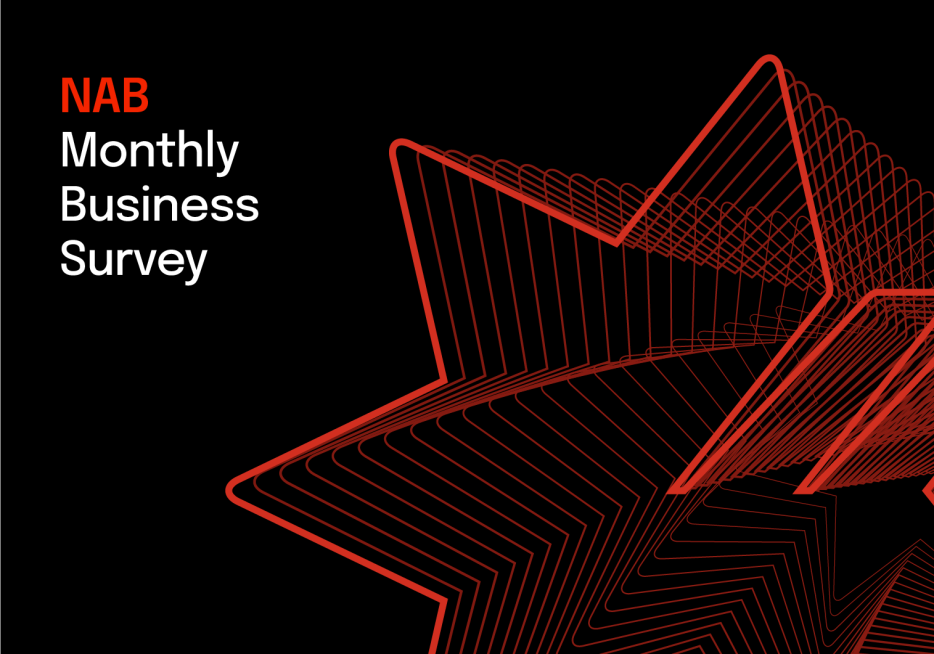Narrowing gap between conditions and confidence


Insight
Australian businesses are increasingly exporting to Asia. Business View talks to Thermal Electric Elements (TEE), a manufacturer of custom-made heating units and elements, about their journey east and the impact it’s had on their business so far.

If present trends continue, by 2021 there could be more than two billion Asians in middle class households1. For Australians, with a total domestic market of less than 23 million, this is a dazzling statistic.
The good news for Australia’s would-be exporters is that our close proximity to Asia and our reputation for quality mean we’re perfectly placed to help supply the region’s growing appetite for goods and services. There are also opportunities for businesses to import goods made in factories throughout Asia that may be difficult to source elsewhere.
Thermal Electric Elements (TEE), based in Coffs Harbour, manufactures custom-made elements and heating units for commercial and industrial use. The family-owned business began as a father and son operation in Sydney in 1972. Today, the company employs 38 staff and has a turnover of $10 million a year.
“We can offer large production runs but our speciality is one-off units,” says Managing Director Julie Jardine. “We’re constantly coming up with new designs, technologies and approaches and we have a reputation for solving problems that others can’t. Even our competition passes the really difficult jobs on to us.”
TEE’s client base typically consists of manufacturers who use heat as part of a manufacturing process, though over the past few years there’s been increasing interest from the oil, gas and mining sectors.
“One example of work in this area is providing underground heating for gas companies,” says Jardine. “Without it, gas comes out of the ground cold enough to freeze in the pipes.”
The danger of a fire or explosion makes work in this area so hazardous that businesses must be specially certified. And, while there’s still a large market for such expertise in Australia, demand is booming in Asia.
“The only other manufacturers of certified products are in Europe or America and they tend to have very long lead times,” says Jardine. “We’re very quick and the fact that we’re much closer to Asia geographically, and have similar time zones works in our favour. It also helps that Australian manufacturers have a very good reputation in Asia – we’ve found people very receptive to our products.”
TEE is fortunate they’re so specialised that people often search them out. So their first step was making their website accessible to potential customers in Asia. This was followed by extensive research. “We read a lot, attended seminars, conferences and trade fairs, and talked to everyone we could find who knew something about doing business in the region,” says Jardine. “Both Austrade and NAB helped us research the various markets, and people from NAB with experience in Asia also helped us with contacts, local content laws and currency advice.”
They decided to focus on Malaysia where the oil and gas industry is particularly strong. “Once we’d made that decision we started advertising in local trade journals, writing articles and attending trade shows, first as visitors and then as exhibitors,” she says. “Trade shows aren’t as popular as they used to be in Australia but in Asia they’re very well attended. You can learn a lot about the local market and the competition, and also get some idea of potential interest in your product.”
It’s also a good place to meet local agents. “We couldn’t even think about setting up until we had a partner with local knowledge,” Jardine continues. “NAB put us in touch with their team in Malaysia and their local knowledge really helped us decide on the right person. That took a couple of years to finalise but in the end we were lucky to find someone who has a lot of experience in the Malaysian oil and gas industry who’d also studied at an Australian university. That’s been so useful because he understands how business is done on both sides and he’s very good at helping us understand those differences.”
For many Australians, cultural difference is the most challenging aspect of doing business in Asia. “We’ve found that our Asian clients are almost more interested in the company than the product or even the price,” says Jardine. “They want to know how long you’ve been around, how trustworthy and reliable you are, and whether you can back up everything you promise.”
“We’ve been in situations where 10 people have sat through an hour-long presentation rather than tell us from the outset that they don’t want or need our product,” says Jardine. “They’d consider that to be too rude. And sometimes we’ve found ourselves waiting a long time for something to happen, getting no replies to our emails or calls, as it’s sometimes seen as impolite to say ‘no’. Our agent travels with us every time we visit clients now so he can help us to navigate this and all of the other subtle differences in the ways different countries do business.”
One not-so-subtle difference is the need for patience. “After four years we’ve only just set up an agency in Malaysia,” says Jardine. “You have to accept that things will often move much more slowly than you’d like.”
However, this year TEE is planning to open offices in the Philippines and Singapore.
1”China’s Emerging Middle Class: Beyond Economic Transformation” (Cheng Li, editor), Washington, DC: Brookings Institution Press, 2010
This article was first published in Business View magazine (May 2014). For more articles and interactivity, download the iPad edition of Business View for free via our new app NAB Think.
More from NAB
© National Australia Bank Limited. ABN 12 004 044 937 AFSL and Australian Credit Licence 230686.